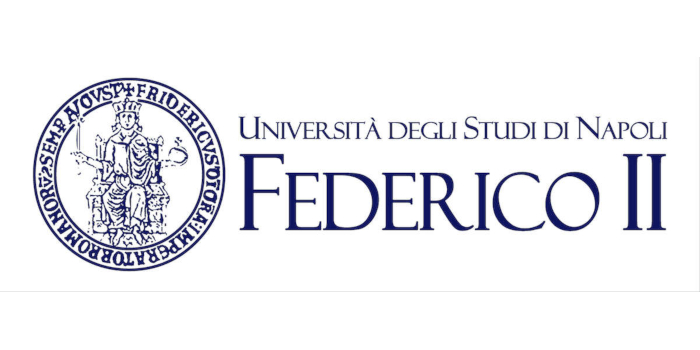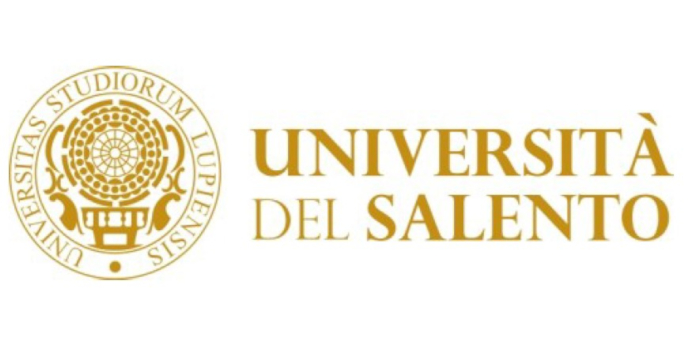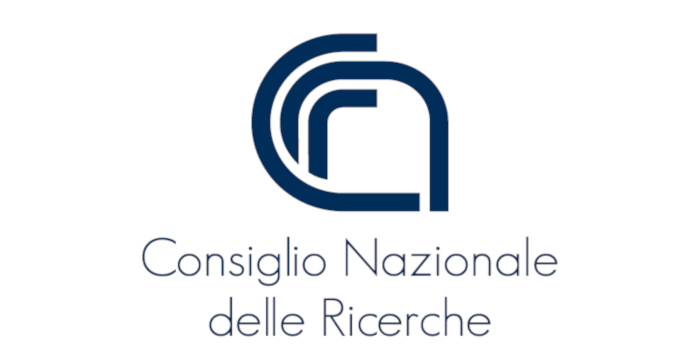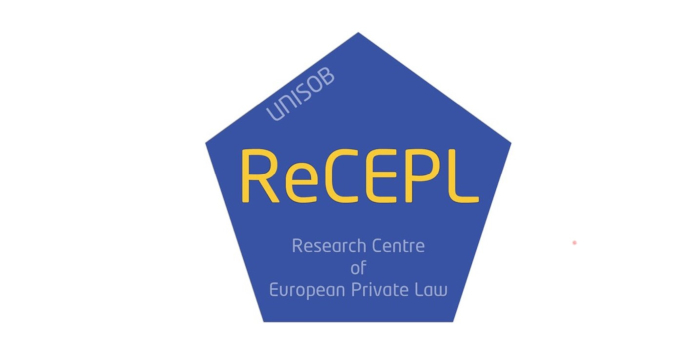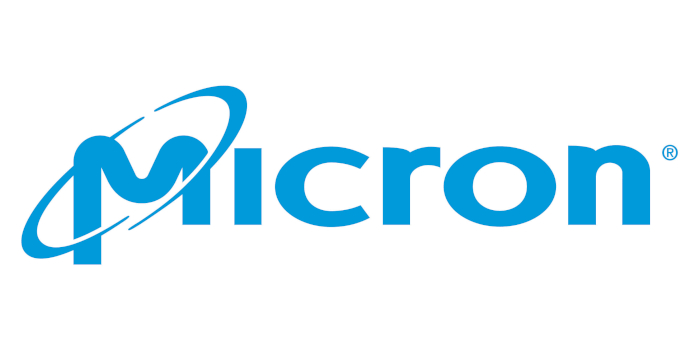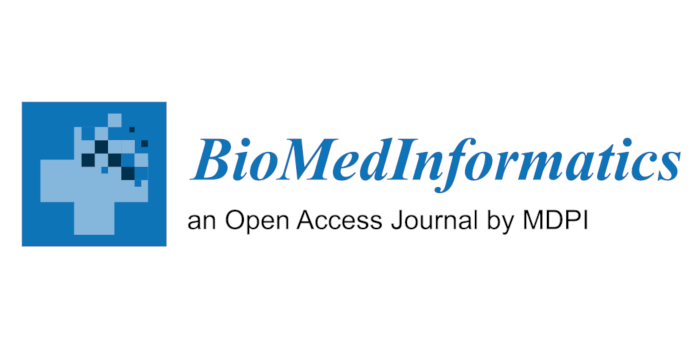Ultra-low-power data sensing and processing based on artificial intelligence technologies
ORGANIZED BY
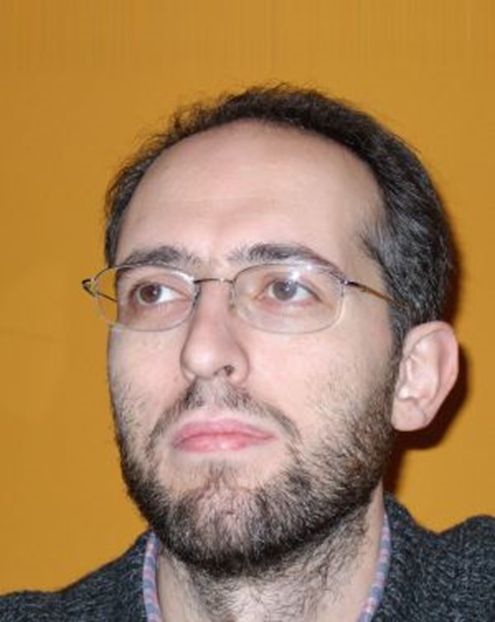
Giorgio Ferrari
Politecnico di Milano, Italy
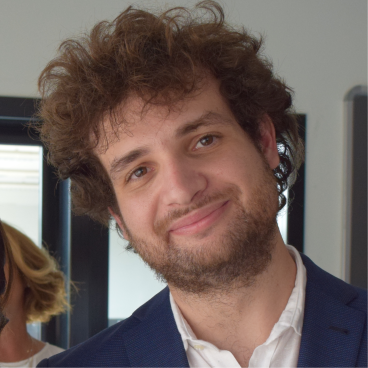
Michele Mastella
University of Groningen, The Netherlands
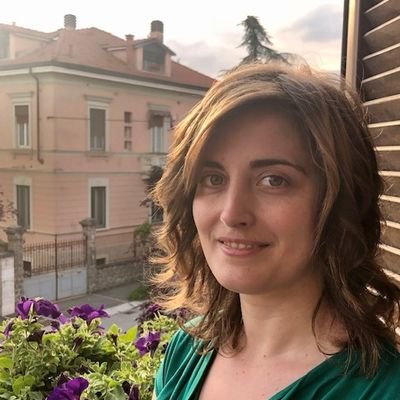
Erika Covi
NaMLab gGmbH
ABSTRACT
The measurement process is at the core of any system requiring sensing physical phenomena. The raw data acquired in these systems often require processing and conditioning before being used for any other task. Recently, more and more data processing solutions comprising artificial intelligence (AI) have been adopted. However, due to the high power consumption and computing resources required by conventional AI, these solutions are incompatible with energy-limited applications. This is the case for the Internet of Things (IoT) as well as for advanced robotics, autonomous driving, and wearable sensors. In those and similar applications, the transmission of the collected measurements to data centers in the cloud is impracticable for the large bandwidth required and for the additional latency that may prevent real-time applications.
This Special Session aims to discuss new devices, circuits, and techniques enabling the implementation of ultra-low-power data acquisition and processing, right at the edge of the sensing element, leveraging on advanced AI technologies. Particular regard will be given to bio-inspired sensors and brain-inspired computing systems that may guarantee unprecedented low energy consumption, paving the way to developing a new generation of intelligent sensors and measurement systems.
TOPICS
Topics of interest for this Special Session include but are not limited to:
- Event-driven sensors
- Bio-inspired sensors
- Bio-inspired circuits and systems for low-power data acquisition
- Beyond CMOS devices for non-Von Neumann computing
- Neuromorphic computing technologies and systems for local data processing
- New data sensing paradigms for edge computing and low-power smart sensors
- Ultra-low-power IoT solutions based on AI
ABOUT THE ORGANIZERS
Giorgio Ferrari is Associate Professor of Electronics at Politecnico di Milano. He is an expert in designing high-performance electronic instruments to address the measurement challenges posed by modern bio-nano science. Such electronic instruments have been successfully employed to study single DNA molecules, monitor and count airborne particles in the environment, and develop the first integrated non-invasive light sensor (CLIPP) for monitoring and controlling complex photonic circuits. He is co-author of more than 90 papers on international journals, edited a book on “Capacitance spectroscopy of semiconductors”, and holds 8 patents.
Michele Mastella is a Ph.D. student in the Bio-Inspired Circuits and Systems (BICS) Lab, at the University of Groningen, with a research grant from the Horizon 2020 ITN Neutouch. He is a Marie Skłodowska-Curie fellow and he is part of the CogniGron Research Center. His research interests include bio-inspired spiking neural networks, microelectronics, neuromorphic chips, and touch.
Erika Covi is a Scientist at NaMLab gGmbH, Dresden (Germany). She received her PhD in Microelectronics in 2014 from the University of Pavia (Italy), where she worked on designing integrated systems for the characterisation of memristive devices. Her research interests lie at the intersection of circuit design, emerging devices, and brain-inspired computing. More specifically, they focus on exploiting the intrinsic physical characteristics of memristive devices to reproduce computational primitives of the brain in mixed neuromorphic-memristive systems.


